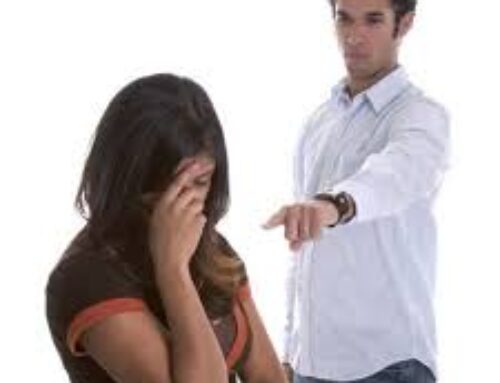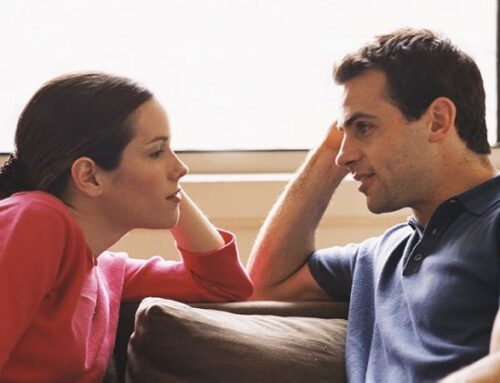Children should be learning how to act more appropriate and just stop saying sorry when they do something inappropriate.
I have been involved in pre and primary school education and Counselling children for almost two decades. One of the things I am asked by parents and teachers is how they should deal with discipline. At schools I sometimes see concerning displays. When a child, the perpetrator, does something to another child, the victim; the perpetrator is asked to apologise to the victim and in preschools certainly, told to give the victim a hug. This is a huge concern. The victim is not only perhaps hurt, injured or humiliated; they must then be approached and touched by the perpetrator who injured them, the perpetrator they may fear. I do not recall them asking the victim if it is alright for the perpetrator to again violate their space, they are told by the teacher this is what must occur. We need to teach children to stop saying sorry unless they understand the reasoning behind it.
Stop having them Hug their Victim
We discuss stranger danger and touching danger and tell our children how to say No to tell a grown up. Well a poor little child is now completely confused. ‘If I tell them are they going the make the perpetrator hug me and touch me again’, then why would I ever tell anyone? When a child hurts another child and is told to apologise, the apology means nothing, it is simply words I need to say to continue to play or even sit out for a few minutes before going back to play. If I do not say these words then the teacher gets angry and I get in more trouble. So what is the value of ‘Sorry’. Nothing actually, they could say big toe and this would mean similar. The only time sorry is of value is if they say what it is they are sorry for. Eg: I am sorry for taking the toy off you or I am sorry I hit you and hurt you and made you sad; this connects the action to the meaning.
Enable the Child to learn what to do Instead of Hurting others
This however is not teaching our children what we could teach them. To extend on this I suggest we go forward and ask the child the reason they acted the way they did, discuss this reason and then ask what they may do next time the situation presents itself. Perhaps the child was angry at something and they lashed out, then you could assist the child to learn better and different ways to manage their anger, perhaps they could take a moment and breathe, tell a teacher, tell the child they are upset with them. However without teaching our children what else they could do differently or better is missing the golden opportunity for them to learn a different of better way to act. What this also does for the victim is enable them to feel validated and stronger. If the perpetrator is a play friend and says sorry I did this or caused you that and next time I want something or am angry I will do this instead, the fear is removed from the victim, the victim can be more confident the perpetrator has learnt and the victims feels are validated. The victim can accept the apology on their terms. The victim can feel bullied by not only the perpetrator but also the educator / teacher as they insist on the victim accepting the apology and making them accept the sorry cuddle.
How to teach your child a valuable lesson if they are the Victim
(this should be shared with all your child’s educators and teachers)- The victim elects if they wish to be cuddled or touched by the perpetrator
- It is up to them to accept the perpetrator apology or not
- The victim needs to accept and hear the alternative behaviour of the perpetrator the next time they feel that way.
- Victims can also offer suggestions for the perpetrator to behave differently, this allows the victim to have a voice.
Teaching the Perpetrator a valuable lesson includes:
(again this should be shared with all your child’s educators and teachers)
- Ask them to apologise for a specific reason, never a blanket sorry
- Have them explain the reason for their behaviour such as ‘I hit you because…’
- Always insist on a because as there is always one, if they are unsure a few thinking moments can often assist the thought process
- Have them come up with at least two different ways of behaving the next time this feeling is experienced. If they are stuck offer a couple of different suggestions, they choose the one they feel is right for them and they get praised for their great choice – they then Own the decision.
Children must learn to not only take responsibility for their actions but to learn from these actions. We parents and teachers are the people who they learn this from as it is not in build in us. Some bad or challenging behaviours are a great opportunity for teaching and learning. It is also a great opportunity for the child who is the victim to learn strength, acceptance, understanding and resilience as they stand strong, make their own decision to accept the apology or not, and hear the perpetrator learn different ways to manage their feelings. www.karenphillip.com.au/Blog






